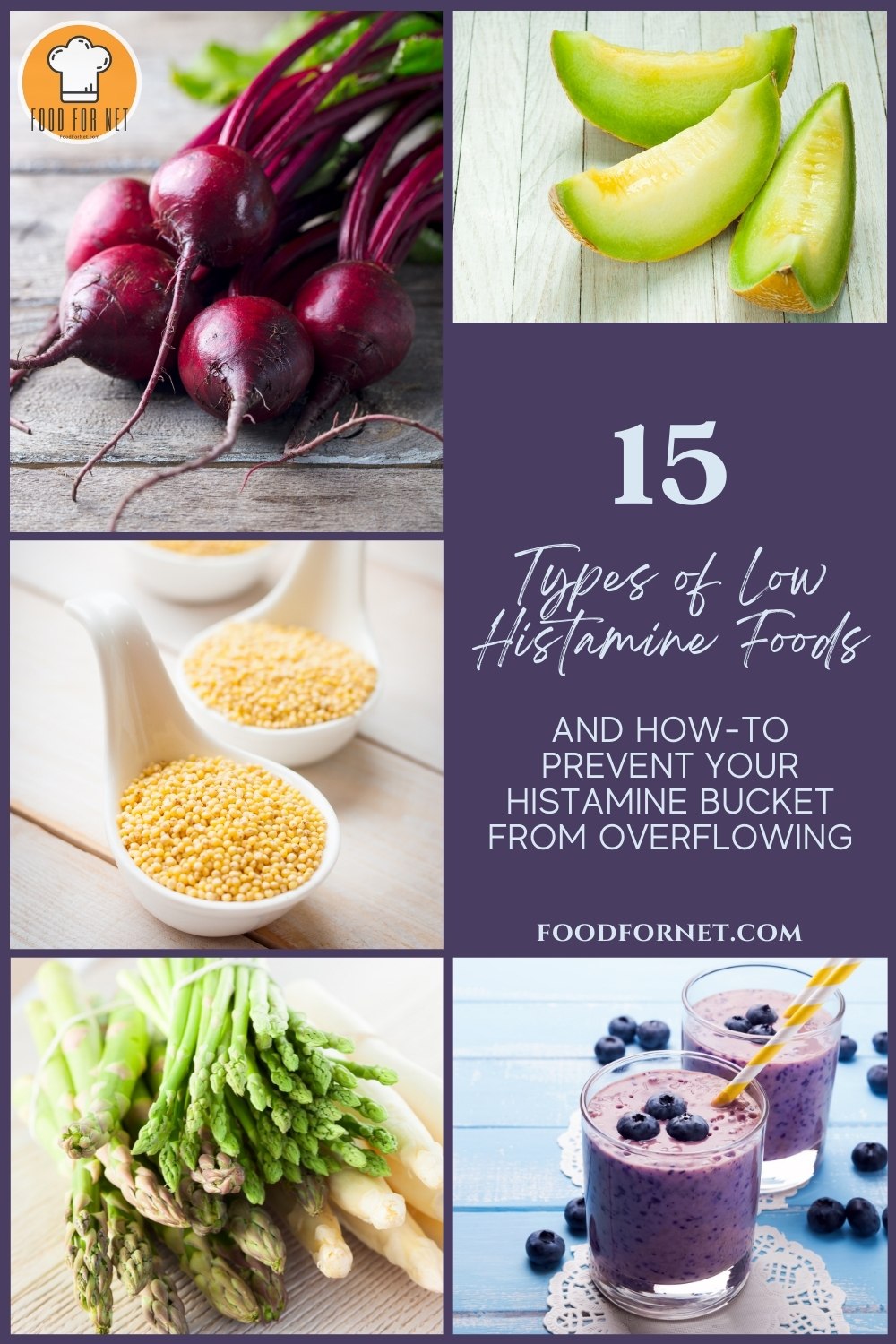
When you hear histamine, you’re probably thinking allergy. Right? Well, histamine intolerance is not exactly an allergy per se, although it sometimes leads to allergy-like symptoms. This is why people who are experiencing or have been diagnosed with histamine intolerance are watchful of the food they eat. They prefer low histamine foods to avoid histamine imbalance.
You see, we naturally have histamine in our body, it actually aids in the body’s major systems like the immune, digestive, and neurological systems – it’s a signaling molecule sending messages between cells. Histamine plays a big role in fighting ‘invaders’ in our bodies and is actually great for protecting us against parasites. However, with allergies, the immune system overreacts to harmless substances (peanuts, pollen, animal dander, etc.), not exactly parasites – and that’s when histamine becomes a problem.
It can cause itching, vomiting and diarrhea, constriction of the lung’s muscles, and even severe reaction such as anaphylaxis, which potentially can be fatal. Medications can be taken to combat these symptoms – antihistamines usually work to treat common allergies, steroids can help in calming inflammatory effects, and epinephrine shot is administered in cases of anaphylaxis.
Histamine intolerance on the other hand refers to the sensitivity to dietary histamine, it is a disorder that is associated with the impaired ability to metabolize ingested histamine. Unfortunately, histamine is present in a wide range of foods. High levels can be found in preserved or processed fish and meat and fermented products. Furthermore, the histamine levels in food differ even for the same food – foods that are fresh or ‘young’ tend to have less histamine compared to their aged or fermented counterpart.
When histamine levels get too high it starts to affect normal bodily functions and can lead to allergy-like symptoms such as sneezing, itching, joint pain, nausea, and irritable bowel. Take note though, that these symptoms may not be present at the same time, all the time. Health conditions like diarrhea, low blood pressure, premenstrual cramping or headaches, or hives, can be caused by histamine intolerance as well.
There is no proven test that can specifically diagnose histamine intolerance. It’s possible to measure blood DAO (Diamine oxidase – an enzyme that the digestive tract needs to break down histamines) and histamine levels but results may not correlate with symptoms. Evaluation of related disorders is carried out. After which a diet limiting high histamine foods may be conducted to see if symptoms will improve. These are of course done upon consultation and recommendation by doctors.
It’s worth noting that histamine intolerance is not a food allergy. You’re not exactly reacting to the particular food but rather to the fact that your histamine threshold has been reached. It’s often referred to as the histamine ‘bucket’ – once your bucket met its capacity and exceeded, the bucket overflows, and symptoms started to appear.
Let’s say, for instance, you had a high histamine food in the morning and then a low histamine food in the afternoon. Even if your symptoms appear in the afternoon, you can’t readily single out the food you had at the time that caused it. It’s the combination of both (more likely the one you had in the morning is the bigger culprit). It’s just that by afternoon you’ve filled your histamine bucket and so your body reacts and exhibits symptoms.
Adopting a diet with low histamine foods is just one way to prevent your histamine bucket from overflowing. This list of low histamine foods can help you in planning meals that are more suited and healthier for your body.
Low Histamine Foods
Asparagus
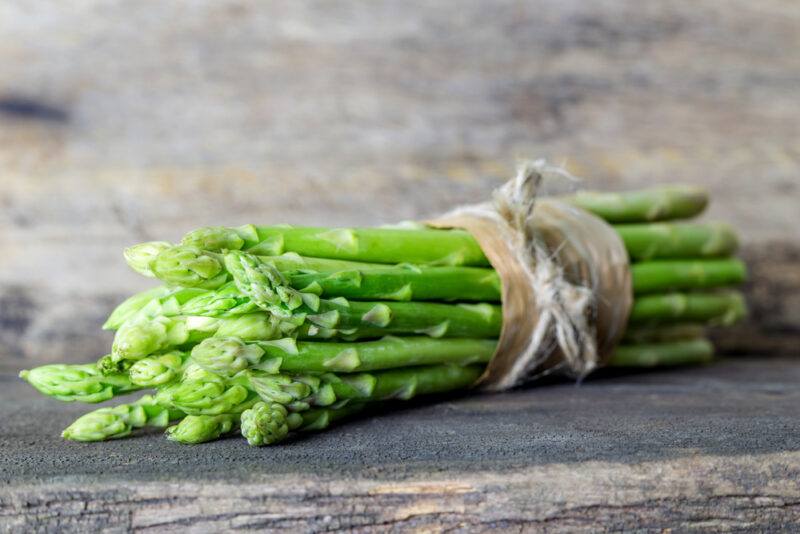
Asparagus is not just packed with nutrition but they’re so easy to prepare as well. In a matter of minutes and with the help of some spices and herbs, you can easily create delicious and healthy asparagus dishes.
It’s rich in vitamins like vitamins A, C, E, and K. It also contains thiamine, riboflavin, niacin, folate, and pantothenic acid. Asparagus is great for aiding in digestion, reducing blood pressure, improving, fertility, relieving hangovers, and treating urinary tract infections.
Beets
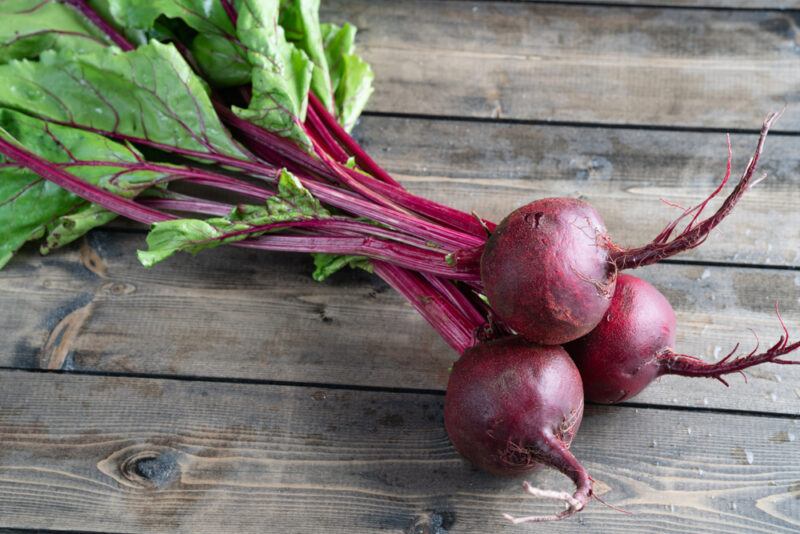
Beets or beetroot is also low in histamine. So, eat away and keep enjoying them in your smoothies, in fact, a combo with berries will be perfect not just in terms of nutrition but flavor-wise as well.
Beets are a great source of fiber, folate, manganese, iron, potassium, and vitamin C. It’s good for boosting regularity, improving blood flow, lowering blood pressure, and increasing exercise performance.
Blueberries
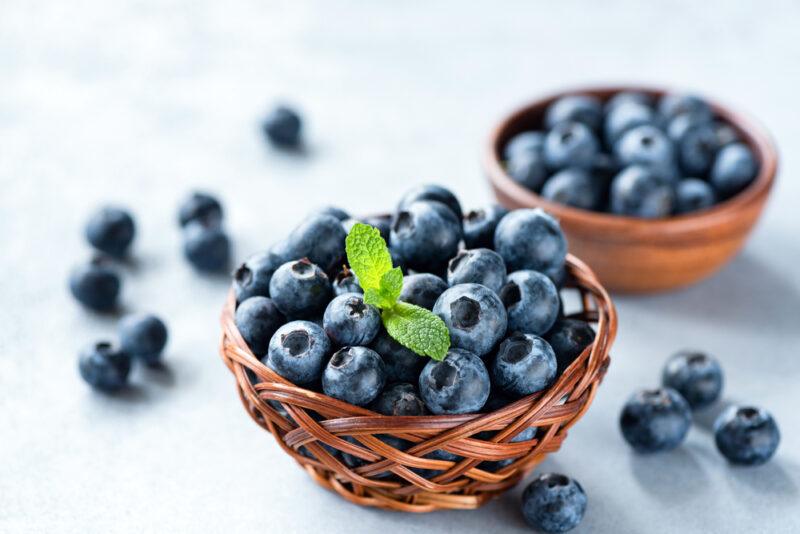
Blueberries will make for a great snack and welcome addition to your salads, yogurt, oatmeal, pancake, or smoothies. It is undoubtedly a delicious way of boosting your immunity.
It’s a great source of vitamins C and K1 as well as plant compounds like anthocyanins. It’s good for improving brain health, preventing heart disease, and moderating blood sugar levels.
Carrots
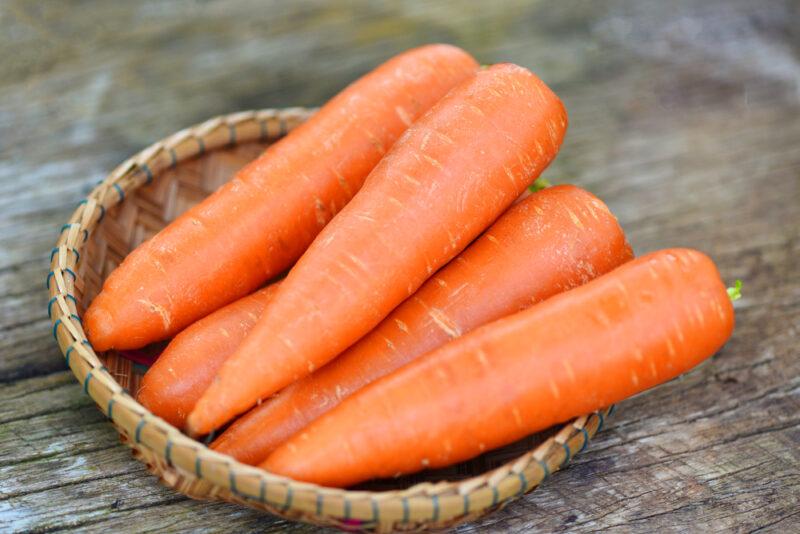
Carrots can be enjoyed both as snacks or as part of your main meal. It’s a healthy and delicious ingredient in casseroles, stews, soups, or as a side dish. In fact, it’s one of those vegetables that are simply great when roasted.
Carrots are known for their beta carotene content. It also contains fiber, potassium, antioxidants, and vitamins K1 and B6. It’s good for lowering blood cholesterol, aiding in weight loss, improving eye health, and reducing the risk of cancer.
Corn
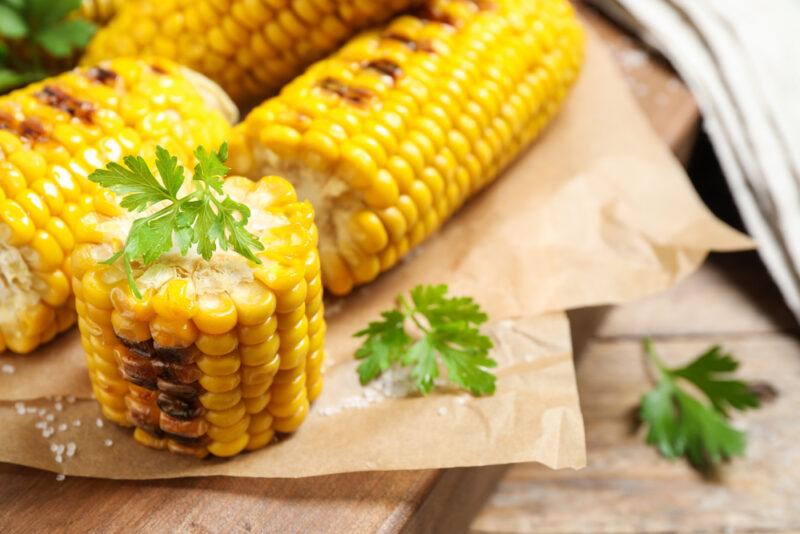
Keep enjoying your corn on the cob because corn is in the clear! It’s low in histamine content. Stay away from canned corn kernels, though, for they contain higher histamine than their fresh counterpart.
Corn, similarly to many grains, contains dietary fiber. Sweet corn in particular contains pantothenic acid, folate, vitamin B6, niacin, and potassium. It’s also high in protein that may support weight loss by aiding the body burn calories or by reducing hunger.
Grapes
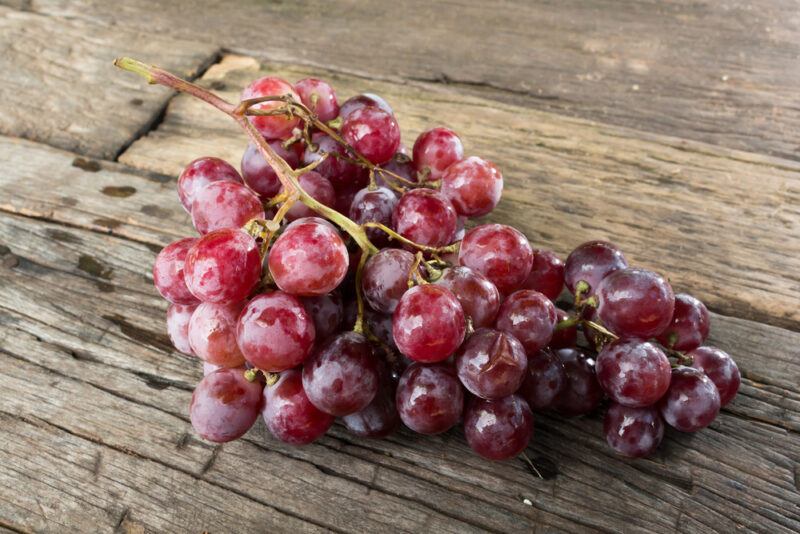
A cup of grapes actually provides more than 25% of the daily recommended values of vitamins C and K. And it helps that it’s also low in histamine. You can simply snack on it or add them to your salad or smoothies. You can even juice them!
It also contains other vitamins and minerals. Its seeds, which are edible, are rich in antioxidants. It’s good for preventing chronic diseases, protecting against certain types of cancer, and may also help in decreasing blood sugar levels and protecting against diabetes.
Honeydew
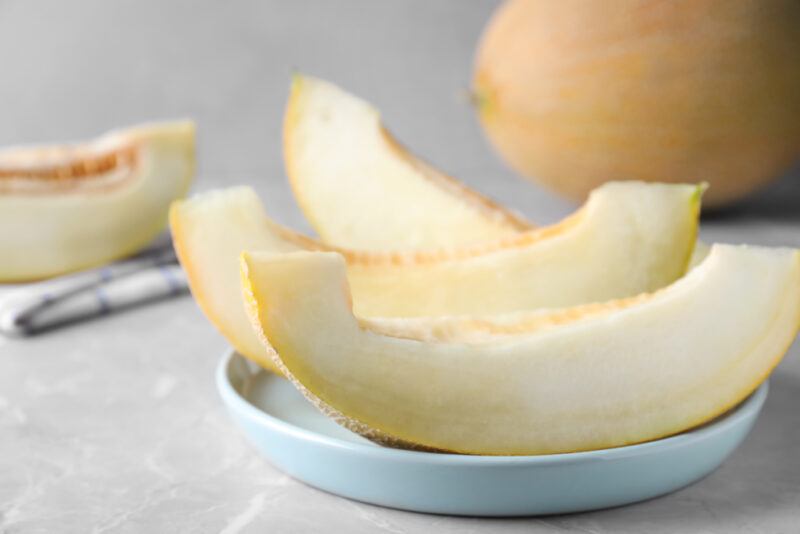
From honeydew salad to honeydew sorbet, there are so many ways to enjoy this refreshing fruit. It’s one among the low glycemic foods that can be enjoyed freely by those who are looking to lose weight, or are at-risk, or have type 2 diabetes.
Honeydew is rich in vitamin C. It also has potassium, folate, magnesium, and vitamins B6 and K. It may help in reducing blood pressure, promoting proper digestion, improving blood sugar control, and supporting healthy skin and vision.
Mangoes
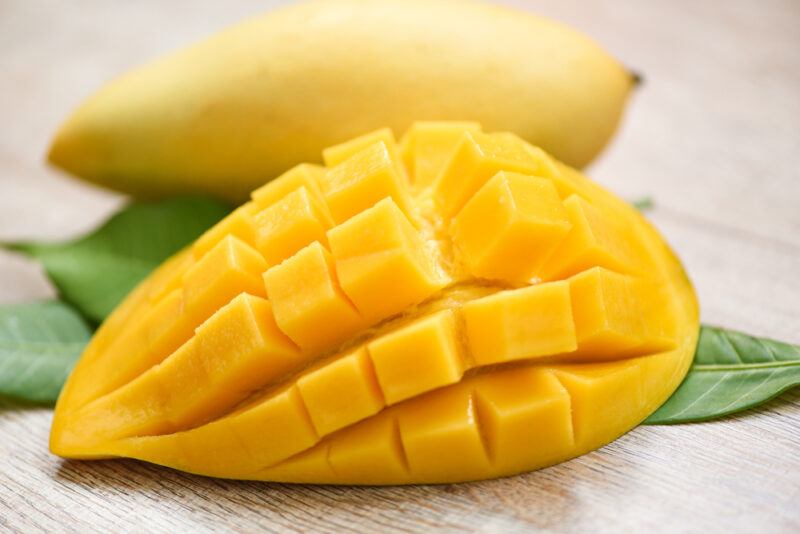
Mangoes are actually a great addition to salads or salsas. It provides a sweet and sometimes a bit of sour taste as well. Chilled, ripe mangoes make for a great smoothie. You can even make mango desserts or if you want, simply enjoy them as is.
Mangoes are great sources of vitamins A, B6, C, and E. It also contains antioxidants that help in fighting free radicals. Mango’s magnesium and potassium content helps in lowering blood pressure.
Millet
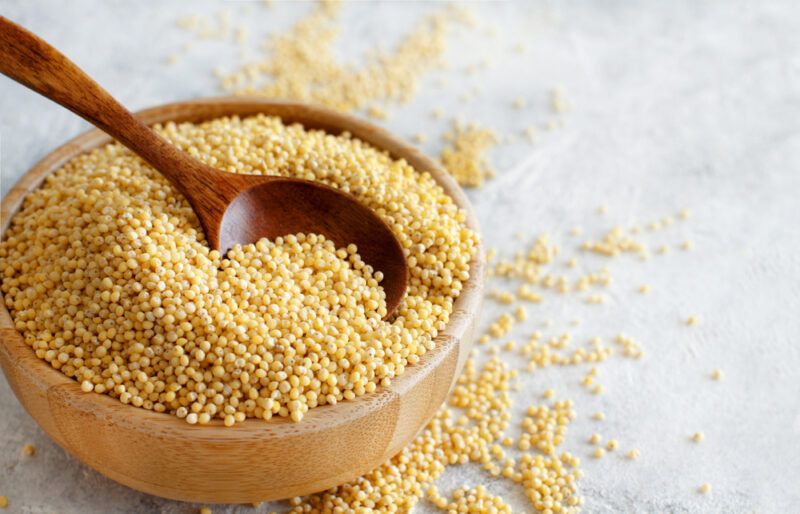
Millet when toasted before cooking gives off a subtle nutty flavor in addition to its mild corn-like flavor. It’s one of the oldest cultivated grains known to men. It’s great for making bread, cereal, stuffing, and other dishes.
It’s rich in soluble and insoluble dietary fiber. This helps in maintaining regularity, reducing the risk of colon cancer, supporting digestive good bacteria, and lowering blood cholesterol levels.
Oats
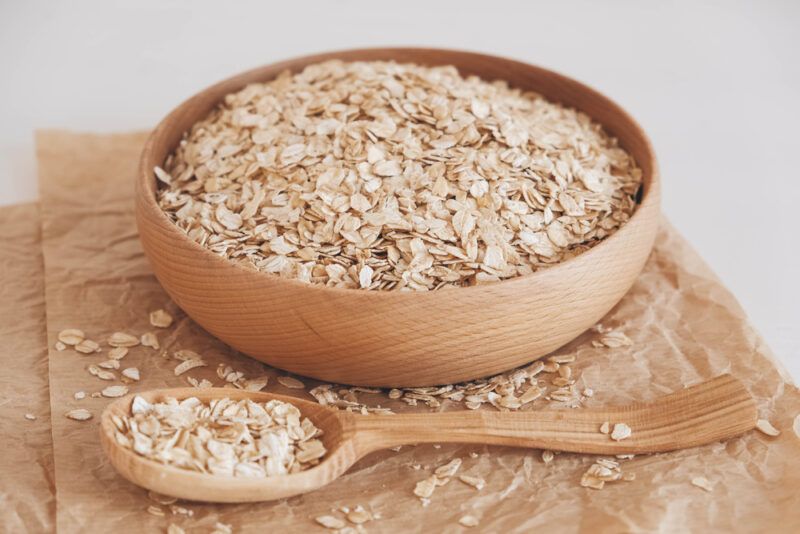
Oats is not just low in histamine, it’s also perfect for people with high cholesterol or acid reflux issues. So, this one for sure makes for a great breakfast option, say porridge or perhaps muffins?
Like millet, oats also contain both soluble and insoluble fiber. Beta-glucan in particular helps in reducing the risk of heart disease and blood cholesterol and blood sugar levels.
Potatoes
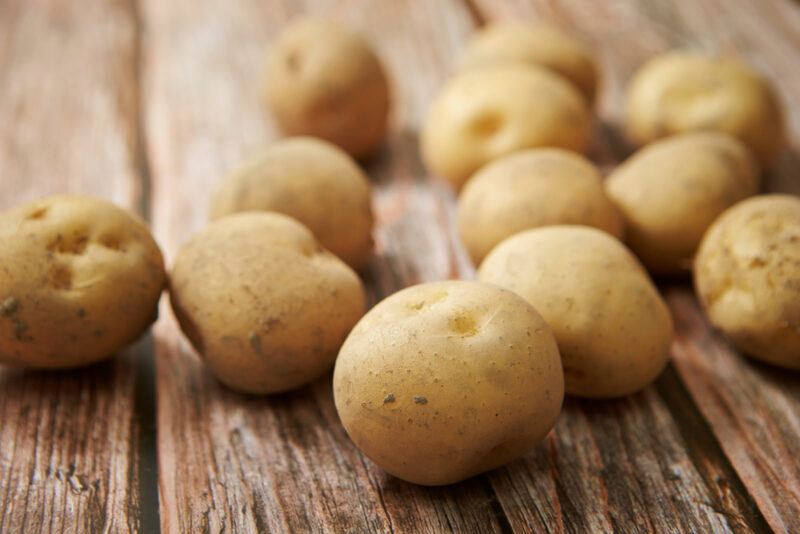
Potatoes are in the clear because it’s low in histamine. Potatoes’ flavor varies slightly depending on the variety, it can range from slightly sweet and mild to mild and buttery taste. Potato is a nightshade vegetable and it contains alkaloids. However, it only contains trace amounts of it.
Potatoes are rich in fiber, antioxidants, vitamins, and minerals. Its resistant starch content may help in improving blood sugar levels and digestive health, decreasing the risk of heart disease, and lowering blood pressure.
Quinoa
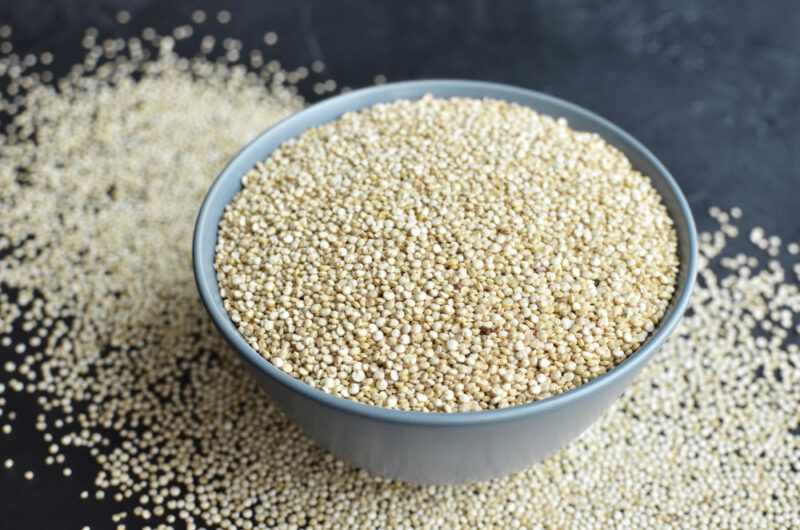
Time and again, quinoa really proved to be one of the healthiest grains. It’s gluten-free, high in protein, high in fiber, and contains sufficient amounts of all 9 essential amino acids!
Quinoa also contains magnesium, iron, potassium, calcium, phosphorus, B vitamins, and vitamin E. This is on top of its antioxidants content. Aside from its anti-inflammatory properties, it’s also good for lowering cholesterol, boosting heart health, aiding digestion, and managing diabetes and hypertension.
Rice
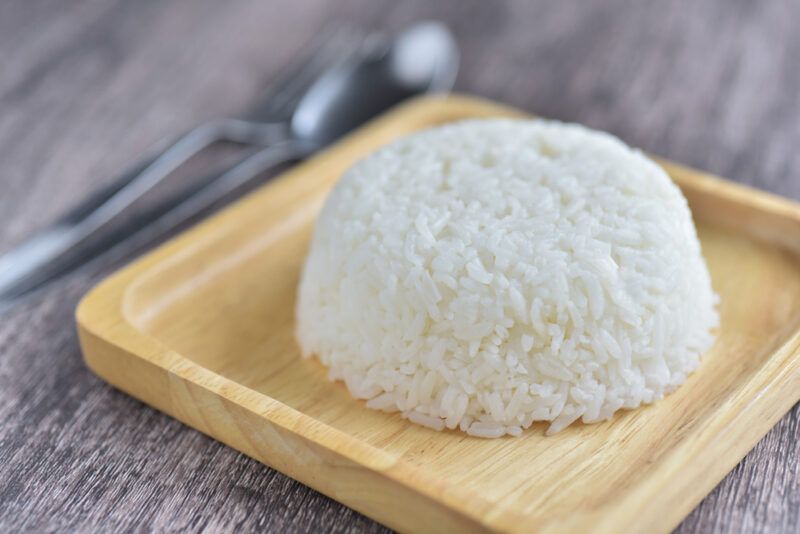
If you’re not a fan of quinoa or millet, you can simply opt for rice, it’s okay, it’s low in histamine, too. Although it’s not as healthy as quinoa, it also boasts its own health benefits.
White rice is considered empty carbs because it loses its main source of nutrients because of processing. However, it is typically enriched with added nutrients like iron, folic acid, niacin, and thiamine.
Teas
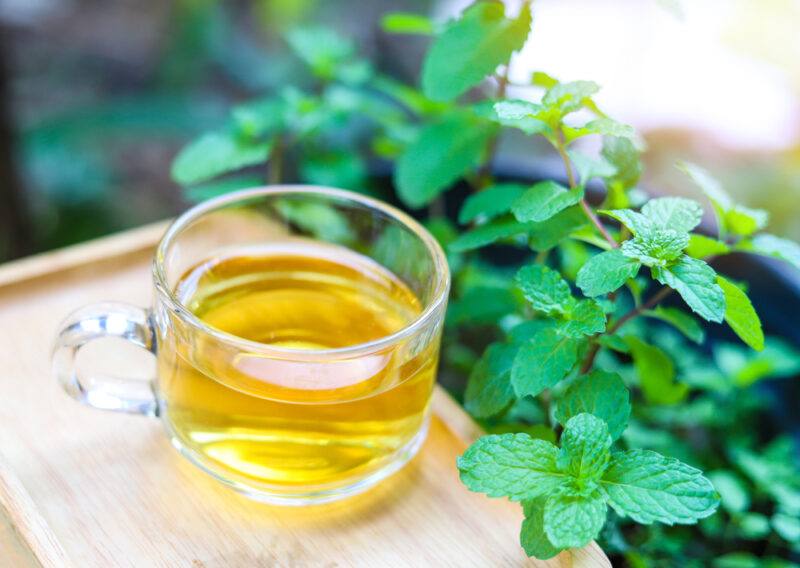
Drink up because most teas are low histamine! Here’s a breakdown. For herbal teas, you have ginger tea, rooibos tea, tulsi tea, peppermint tea, and spearmint tea. For Floras teas, you have chamomile tea and hibiscus tea. For earthy teas, you have moringa tea, nettle leaf tea, dandelion root tea, and milk thistle tea.
They mostly have antioxidants and anti-inflammatory properties with health benefits that range from boosting immunity to easing tummy aches. Frankly, teas, have always been one of those healthy drinks with a long history that spans many countries and cultures.
Fresh meat, chicken, and fish
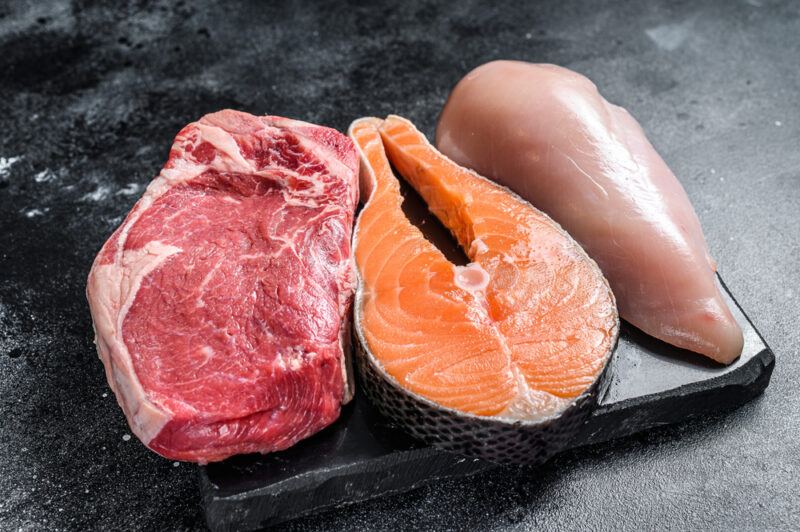
Whether it’s meat, chicken, or fish – always opt for the fresh ones. Choose them over their packaged, smoked, preserved, or processed version. The methods of cooking also affect the histamine level in meat, for instance, grilling increases it while boiling decreases it.
You have to take note though that individuals with histamine intolerance may react to food differently. So even if these meats are low in histamine content, they may still cause symptoms to appear. Having said that, it’s still best to be observant of your own body’s reaction to the food that you eat. Keeping a food diary helps!
Prevent Your Histamine Bucket from Overflowing
To keep your histamine levels in check, it’s also important that you’re also mindful of your lifestyle or habits. Here are a few more tips to help you succeed in managing and in making sure that your histamine bucket stays steady and still.
Avoid high histamine and trigger foods
In addition to increasing your intake of low histamine foods, you’d also want to avoid those that are high in histamine and those that trigger its release. Try to find a healthier alternative or option for high histamine food in your diet.
Say no to alcohol
Not only does alcohol is high in histamine, but it also triggers histamine release, and to top it off, alcohol also blocks the DAO enzyme. As we’ve mentioned above, diamine oxidase is an enzyme that the digestive tract needs to break down histamines.
Destress
Try your best to avoid stress, say destressing exercises or more relaxing time to yourself. You see, when we’re stressed, our body releases hormones and chemicals and one of those chemicals includes histamine. So, when we’re stressed it means more histamine in our bloodstream.
Check your medication
There are medications that may block DAO, it includes analgesics, antidepressants, antibiotics, antacids, diuretics, and NSAIDs (non-steroidal anti-inflammatories). Let your health care provider know what medications are you on so that you’ll be advised accordingly.

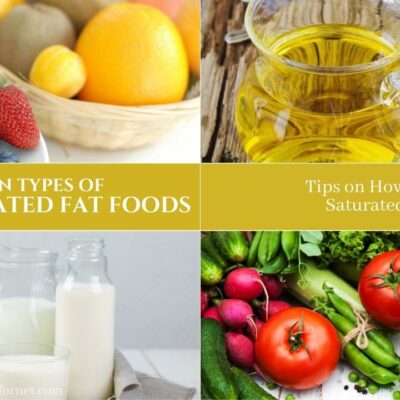
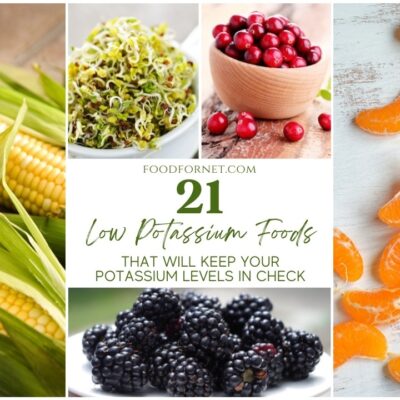

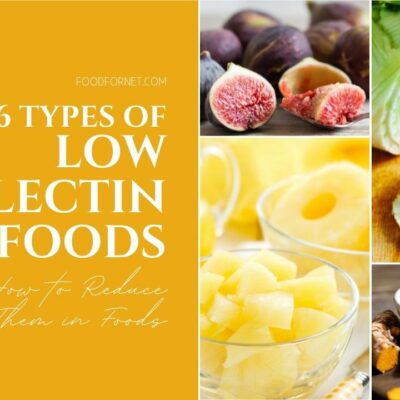


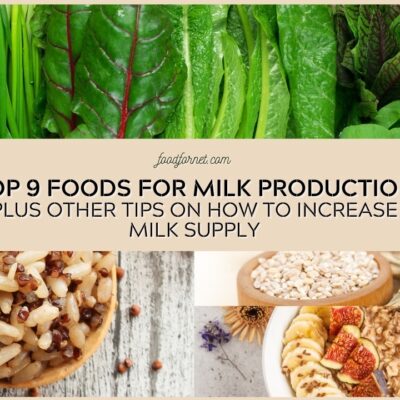
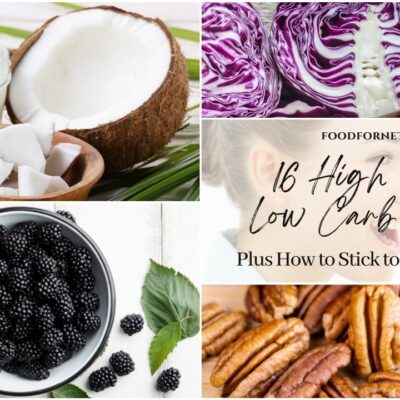
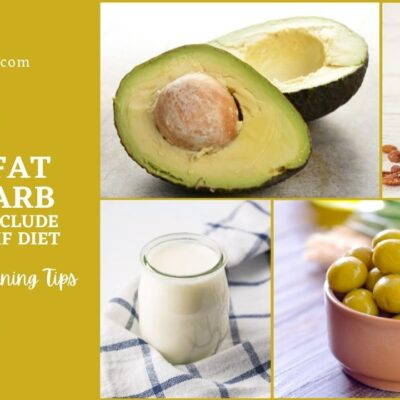

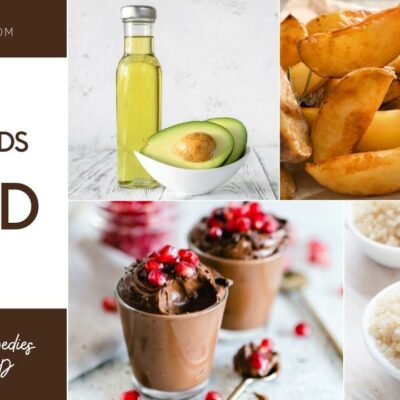


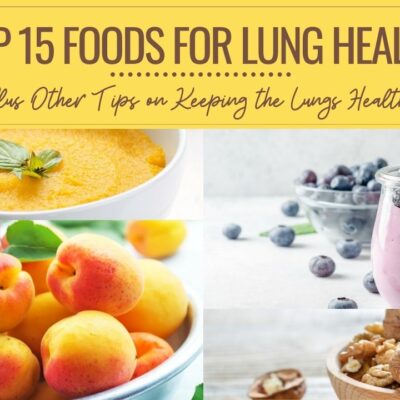
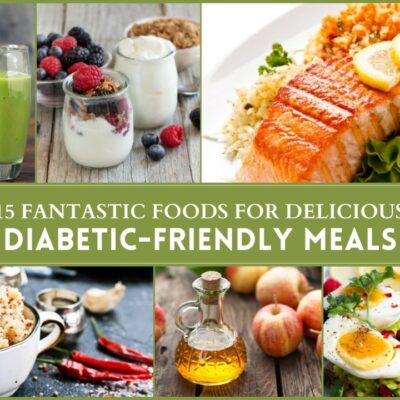

 Is Seaweed Good For You?
Is Seaweed Good For You?
Leave a Reply